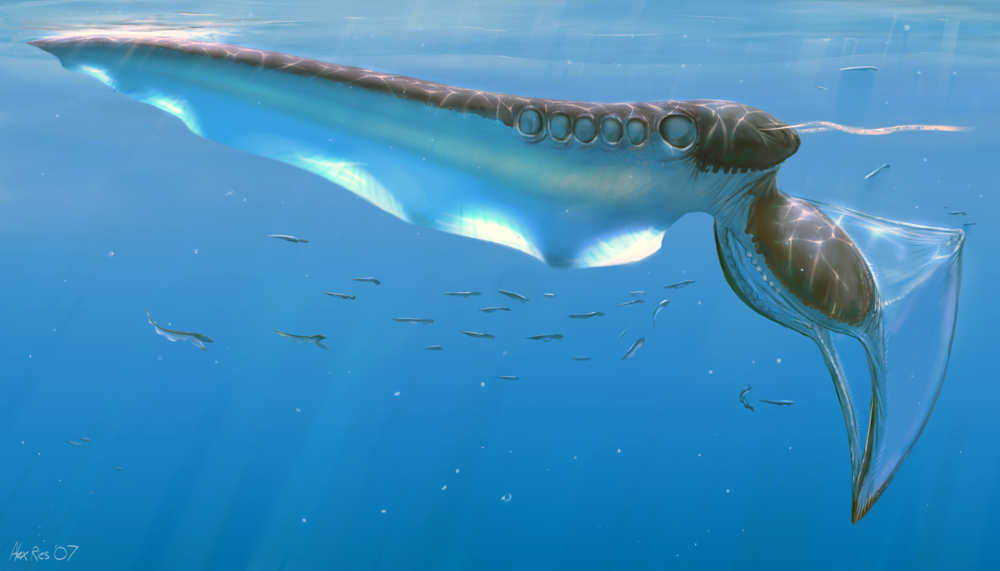Still don't have the time to catch up yet with all of benko2015's post, but will address here the Roc's post #630, which is related to the arguments benko2015 makes. The Roc states:
(1) There are multiple inaccuracies and faulty assumptions in this post. First he states that lemon sharks are a "bulky and aggressive" species and that salties scare/chase away lemon sharks or bulls sharks. I don't believe the Roc or Benko2015 fully comprehend how much smaller and more gracile lemon sharks are compared to a great white. Even at parity, there is no comparison. The lemon shark commonly attains a length of 2.4 to 3.1 m (7.9 to 10.2 ft) and a weight up to 90 kg (200 lb) by adulthood, although sexual maturity is attained at 2.24 m (7.3 ft) in males and 2.4 m (7.9 ft) in females.[4] The maximum recorded length and weight is 3.43 m (11.3 ft) and 183.7 kg (405 lb), respectively. What does this tell us? Lemon sharks are significantly smaller and more gracile than
crocodiles of the same length, much less a great white shark. So a maximum size 11.3 foot lemon shark weighed only 405 pounds. Compare that to similar recently tagged and completely average great whites at similar lengths. Hilton (male) at 12 feet and around 1326 pounds.
www.islandpacket.com/news/local/news-columns-blogs/untamed-lowcountry/article198904424.html. Miss Costa is 12.5 foot (female) at around 1668 pounds.
. There's nothing extraordinary about the size of these juvenile great whites, yet they are 3-4 times heavier than the largest lemon sharks on record. That is among the reasons why the Roc and benko2015's posting of lemon sharks/saltwater croc interaction is so utterly irrelevant to this hypothetical conflict.
The logic is almost as bad for bull sharks. Yes, bull sharks are an aggressive species of shark and fairly bulky for their length. But still - they are heavily outweighed by a good sized crocodile and utterly dwarfed by a great white. While a few rare bull sharks might reach around 1000 pounds, a typical huge bull shark is no more than 500-700 pounds. Large saltwater and nile crocs commonly attain 1000-1500 pounds and can even exceed a ton on rare occasions. So basically crocs are interacting with sharks less than half their weight at natural sizes, which of course, makes the croc more likely to be the predator/aggressor in these interactions. As we see time and again with croc and bull shark interactions, larger crocs prey on smaller sharks. It's no wonder bull sharks are naturally cautious and deferential around crocs, their whole life (while they are in rivers) has been spent avoiding the much larger predator.
The difference in size with sw crocs and great whites is that it is the croc that is far outweighed and far more gracile than the much more massive shark. The croc will have a very difficult time even finding a vital place to bite the much wider and larger great white, whereas the shark could cause enormous, life threatening damage in biting almost anywhere along the croc's body (not including tail).
Basically using lemon sharks and bull sharks as proxies for great whites has about as much evidentiary weight as comparing a fight between a caracal and a hyena as a proxy for a fight between a lion and a hyena. In sum, practically worthless.
(2) The Roc also states: "bull sharks are the most aggressive shark species and Brady Barr showed that a modest sized bull shark can still slightly out-bite a 4 to 5 meter great white in force." This is somewhat inaccurate. While bull sharks do have the hardest recorded shark bite pound for pound, at almost 6000 newtons for posterior bite and more 2000 newtons for anterior bite,
www.bbc.co.uk/nature/19869336, a 4 to 5 meter great white bite is likely significantly harder, at least for the anterior bite, which is the bite most applicable to conflict/predatory interactions. A small great white weighing only 423 kgs is estimated to have a anterior bite force measuring 2341 newtons, comfortably comparable to the bull shark. See Journal of Zoology Table 2, at
faculty.washington.edu/fishguy/Resources/Research_PDFs/2008-great-white-shark-jaw-bite.pdf.
Certainly, these bite forces are not as strong as those of a crocodile, yet at an estimated bite force of at least 1.8 tons, a large great white's serrated teeth, wide gape, and voluminous bite could readily slice through and sever the much thinner crocodile. If a great white's bite can mutilate and break in half a wooden surfboard, such as this, it would have no problem whatsoever biting through a sw crocs's scutes, which provide even less protection than those on the nile croc.
 www.stuff.co.nz/southland-times/news/101164773/face-to-face-again-with-a-great-white-shark-after-47-years
www.stuff.co.nz/southland-times/news/101164773/face-to-face-again-with-a-great-white-shark-after-47-years(3) Now to discuss The Roc's hypothetical contest of a 3000 pound shark v. a 2000 pound croc. So what we have here is a good sized average adult great white (nowhere near maximum size) versus a close to maximum documented, absolutely enormous saltwater croc. This would likely pit a relatively young adult male or female great white against an older croc at close to maximum size and experience. But once again, the shark heavily outweighs the croc, even though the croc will likely be at least a meter longer. I'd favor the shark because it's 1.5 times larger, a more effective and agile swimmer in the ocean, as shown by the unrefuted videos I've posted, more comfortable in its natural ocean surroundings, etc. A 2000 pound shark v. a 2000 pound saltie could go either way, but I'd favor the croc because it's basically an apex specimen approaching maximum size v.a young adult or even a subadult shark. As I've stated before, there's really no way to create a "fair" parity situation here.
(4) Will address this more later, but this idea that because the shark's liver is larger than the croc's, the croc must have more muscle and is thus comparatively stronger is wholly speculative. First, strength in the water is less important in general than with land animals, since we aren't talking about using limbs/grappling for attack. Second, there are a number of documented incidents in which great whites exhibit impressive strength comparable to any croc. For instance, a 4 meter great white was recorded as biting down on the engine of a 40 horsepower 3 meter boat. When the boaters tried to escape by gunning the engine, the shark held the boat still for around ten seconds as the engine churned before letting go and allowing the boat to motor off.
"The red inflatable boat which had been present earlier,
returned, and the wounded white shark again showed particular
interest in it. On one occasion the shark held the
rear of the starboard pontoon in its mouth and kept the
boat stationary despite the crew of the boat engaging gear
and running the 40-hp motor at speed. After 10 sec the
shark released the pontoon."
www.st.nmfs.noaa.gov/spo/FishBull/983/13.pdfMoreover, the shark's greater speed in the water certainly is an indication of strength as well as hydrodynamic design. There's really no basis to conclude crocs are significantly stronger animals (or better designed for water) than a great white, other than bite force. And the shark has a more voluminous bite, serrated teeth meant for cutting, and bite force still comfortably strong enough to prey upon a crocodile.
(5) The Roc mentions a minor interaction between a small tiger shark (he claims it's an adult, but it's clearly the same size and shorter than the croc, maybe 7-8 feet at most) and a subadult croc, in which the two animals did nothing except mutually scavenge a whale. The animals showed no interest in each other and had no reason to, each was busy feeding. Neither animals showed the slightest fear of the other. This account proves nothing, as the video clearly shows.
He also mentions a short video in which a nile croc appears to briefly chase an unidentified shark. He claims it's a bull shark. It may be, but the video isn't clear. He also claims the animals are the same size. I'm not sure of that, you can only see the shark's dorsal fin and tail, and to me the croc seems a bit longer. But in any event, it was proves very little, other than that one animal was being territorial. Certainly a croc's interaction with maybe 500 pound shark has little bearing on how it would fare in confronting a great white up to 10 times larger than the bull shark. These incidents prove next to nothing with regard to this contest.
In short, there's a lot of faulty assumptions and strawman arguments being put forth here. The truth is great whites and crocs appear to rarely interact, since they rarely cross paths and probably because of the size and danger each would pose to the other. But the few documented interactions off Costa Rica seem to favor the great white.












